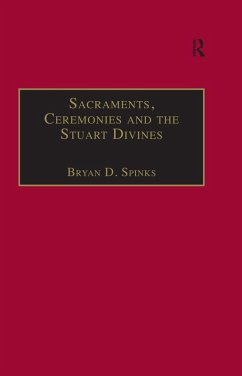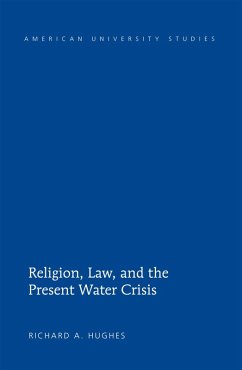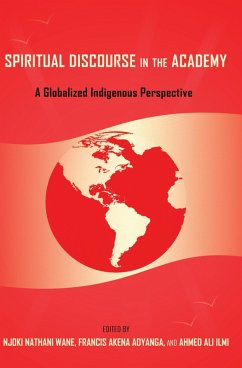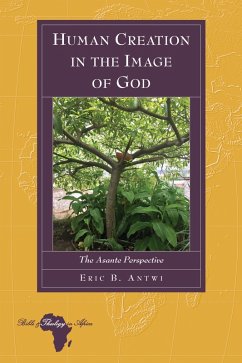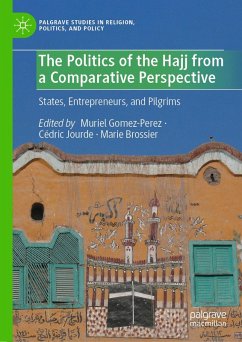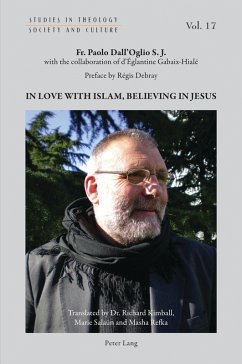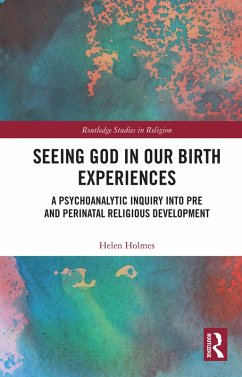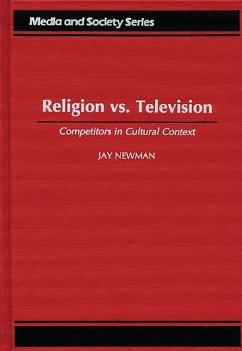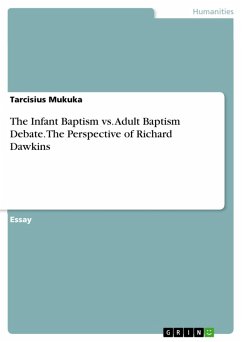
The Infant Baptism vs. Adult Baptism Debate. The Perspective of Richard Dawkins (eBook, PDF)

PAYBACK Punkte
0 °P sammeln!
Essay from the year 2020 in the subject Theology - Systematic Theology, grade: 1.0, Kwame Nkrumah University, language: English, abstract: This article is a foray into systematic theology. Who are we? Or better, where we created perfect or imperfect, complete or incomplete, graced or un-graced? As a Catholic, baptised 2 weeks after birth, I came to find out that the main reason I was baptised was so that original sin could be removed. That sounded like I was born with some congenital virus for which I had to wait for the vaccine of baptism. After many years of studying and teaching theology I ...
Essay from the year 2020 in the subject Theology - Systematic Theology, grade: 1.0, Kwame Nkrumah University, language: English, abstract: This article is a foray into systematic theology. Who are we? Or better, where we created perfect or imperfect, complete or incomplete, graced or un-graced? As a Catholic, baptised 2 weeks after birth, I came to find out that the main reason I was baptised was so that original sin could be removed. That sounded like I was born with some congenital virus for which I had to wait for the vaccine of baptism. After many years of studying and teaching theology I came to the conclusion that I was created incomplete but capable of evolving. I was born into an incomplete world still revolving. It is through the dual lenses of what I call essenceless creation and theistic existentialism, I wade into the infant baptism versus adult baptism debate. I argue that this is a non-controversy. At whatever age you sign up or your parents sign you up in a faith community matters not as what you make of that membership. I beg to differ with prominent fellow Catholic, Mary McAleese, former president of Ireland who argued that infant baptism was equivalent to "infant conscripts who are held to lifelong obligations of obedience." Original sin is not helpful in the infant baptism versus adult baptism debate. It gives fuel to Richard Dawkins' god, if he had one, but instead it is more accurate to describe this as his caricature of the Jewish god, a god who is jealous, petty, unjust, unforgiving control-freak, vindictive, bloodthirsty ethnic cleanser, misogynistic, homophobic, racist, infanticidal, genocidal, filicidal, pestilential, megalomaniacal, sadomasochistic, capriciously malevolent, a god who would demand his pound of flesh from an innocent child for a sin committed by Adam and Eve.
Dieser Download kann aus rechtlichen Gründen nur mit Rechnungsadresse in A, B, BG, CY, CZ, D, DK, EW, E, FIN, F, GR, HR, H, IRL, I, LT, L, LR, M, NL, PL, P, R, S, SLO, SK ausgeliefert werden.




